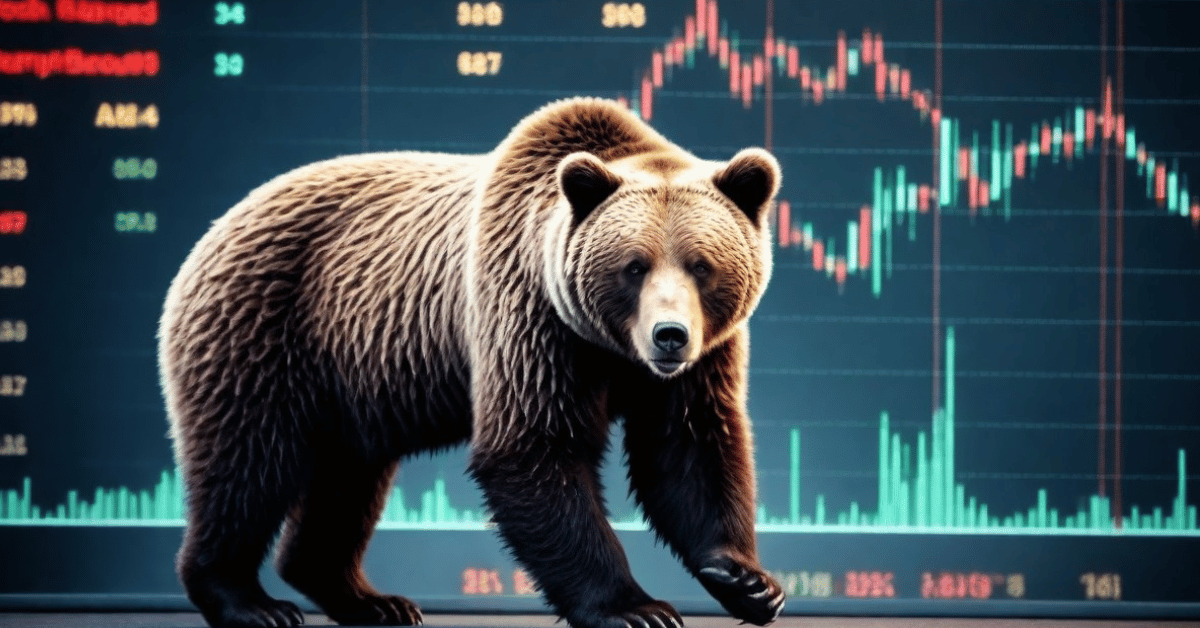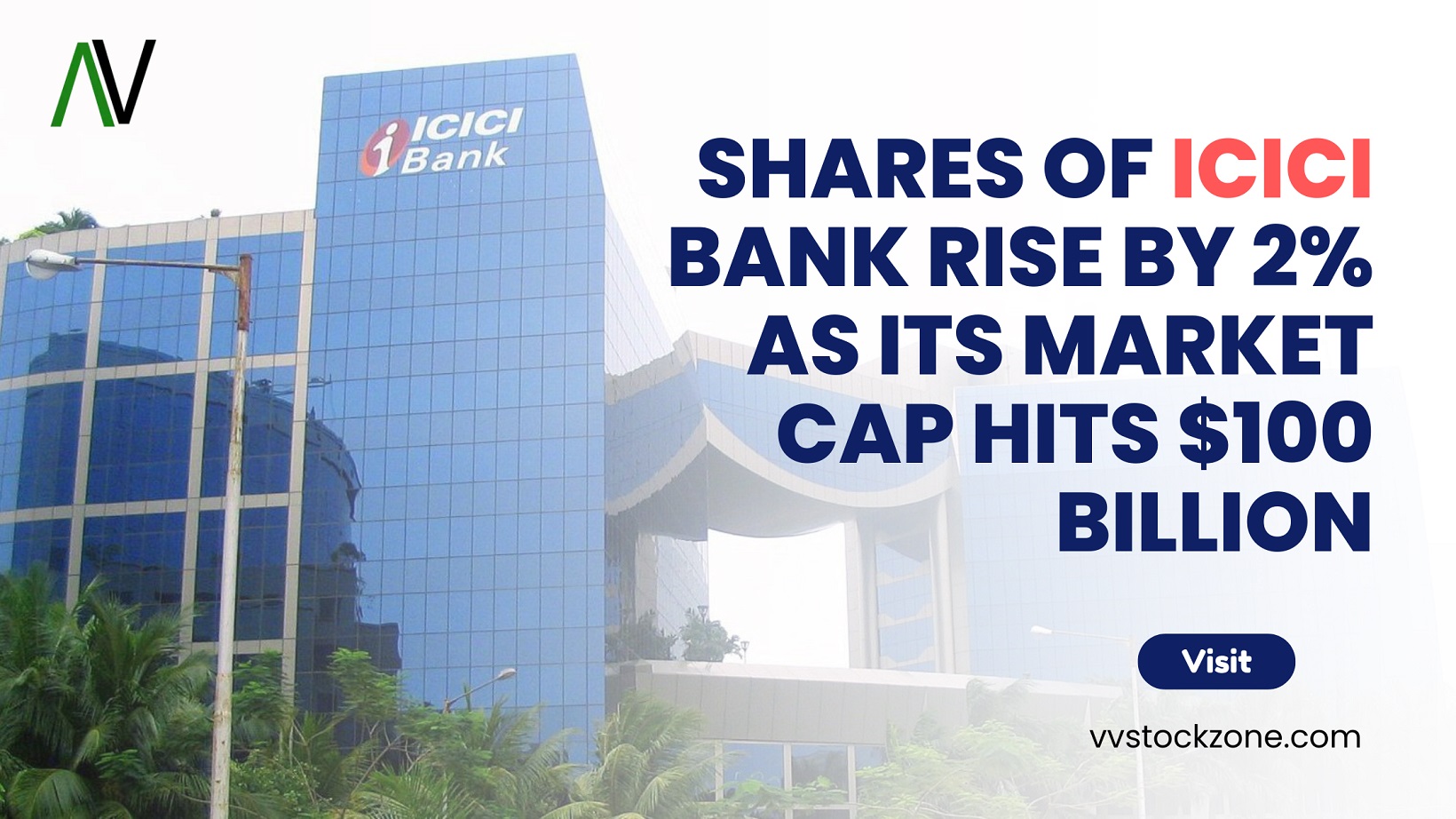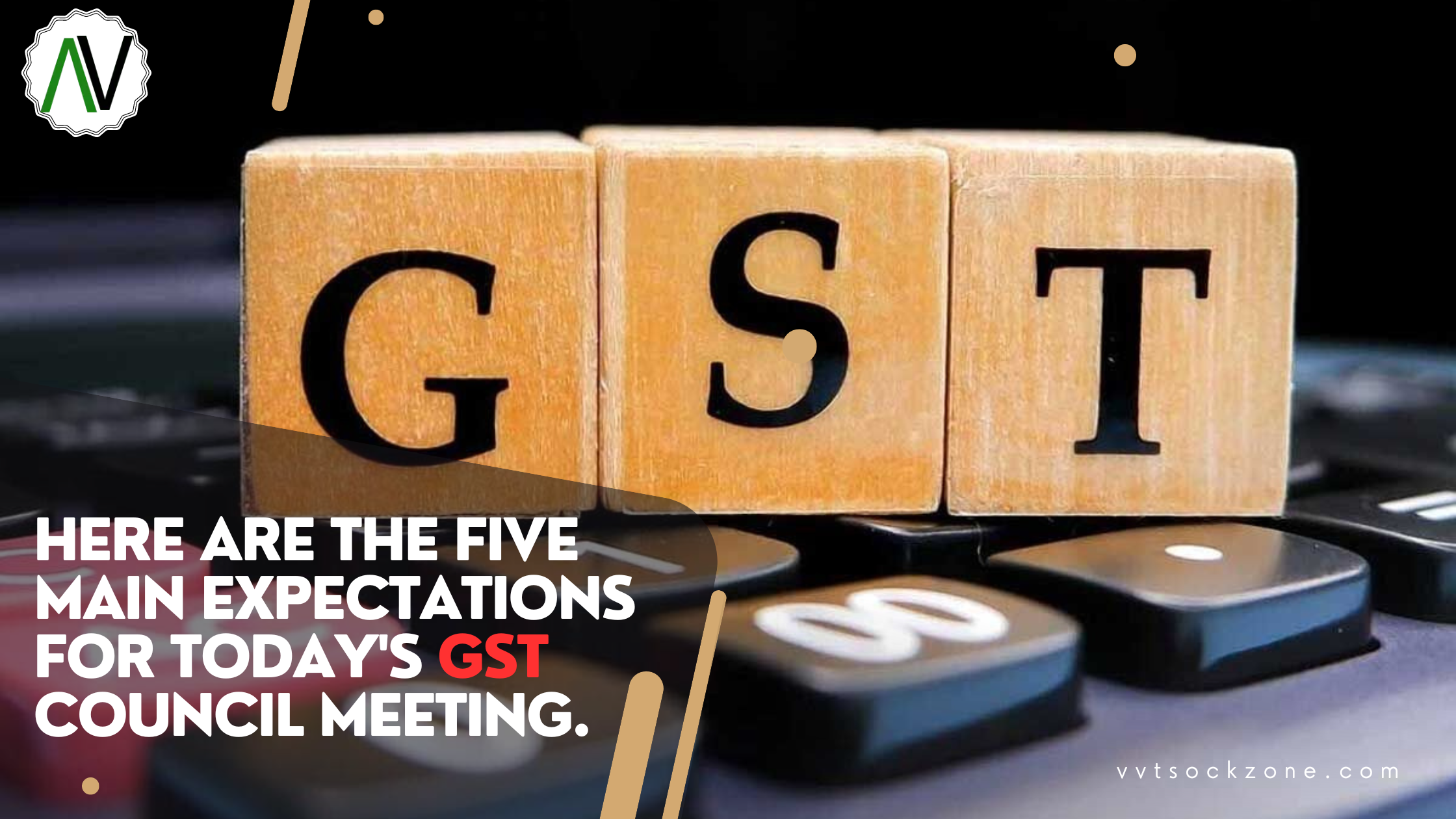Global financial markets experienced important fluctuation on Monday due to the sudden an increase of geopolitical tensions resulting from Iran’s drone missile attack on Israel. Two generals and seven other members of the Iranian Revolutionary Guard Corps perished in the attack, which was purportedly carried out in retaliation for an earlier incident involving an Israeli strike on Iran’s consulate in Damascus. Key indices such as the BSE Sensex and Nifty50 in India experienced a sharp decline as investors globally braced for possible ramifications as news of these developments spread.
The claimed Israeli attack on Iran’s consulate in Damascus on April 1 caused a series of events that grew tensions between the two countries and set off the current market turmoil. Concerns about a wider conflict in the unstable Middle East region arose after Iran launched a follow-up drone missile attack on Israel over the weekend.
Impact on Indian Markets
On Monday, the Indian stock market, which had been experiencing a bullish run and had hit all-time highs, witnessed a sharp reversal in feelings. As investors responded to the growing geopolitical tensions, the BSE Sensex and Nifty50 both saw important declines. Given the possible effects of the Iran-Israel conflict on international stability and economic dynamics, investors were cautious, according to WealthMills Securities analyst Kranthi Bathini, who observed this in the market’s response.
Global Market Response
The tensions between Iran and Israel had an effect beyond Indian markets. With indices like Australia’s S&P/ASX 200, Hong Kong’s Hang Seng Index, and Japan’s Nikkei all posting losses, Asian markets began the week cautiously. Investor trepidation following the military actions in the Middle East was reflected in the 0.7% decline in MSCI Asia-Pacific shares outside of Japan.
US Treasury Earnings and Rate Expectations
US developments, where Treasury yields remained near recent highs, contributed to the market’s nervousness. Traders were modifying their projections regarding the pace and scope of the Federal Reserve’s annual rate reduction. The benchmark yield on the 10-year note was about 4.5277%, and the yield on the two-year note was about 4.8966%. Given that investors were closely observing both monetary policy signals and geopolitical developments, these yield levels suggested a cautious outlook among them.
Expert Insights and Market Sentiment
Experts in the market and analysts gave their views on how the situation was developing and how it affected investor mood. Many pointed out how unstable geopolitical events are by nature, and how important it is for investors to make informed decisions quickly. The quick response from the markets to the conflict between Iran and Israel highlighted how interconnected the world’s financial markets are, as well as how quickly news and events can spread internationally.
Although geopolitical tensions frequently cause short-term volatility, markets eventually show resilience. Investors have historically managed a variety of geopolitical obstacles by adjusting their strategies to reduce risks and take advantage of opportunities. The state of affairs today serves as a reminder of the fluidity of international markets and the value of risk mitigation and diversification in investment portfolios.
Analysts highlighted more general economic factors that may have an impact on market trends in the months ahead, looking beyond the short-term market volatility. Dynamics in the market and investor sentiment will continue to be influenced by elements like corporate earnings, central bank policies, inflationary pressures, and geopolitical events. In the face of ongoing uncertainty, it will be imperative to keep a long-term perspective and concentrate on fundamental investment concepts.
The recent decline in important indices such as the Nifty50 and BSE Sensex illustrates how sensitive markets are to geopolitical developments, particularly when those developments could have wider effects. As investors consider the ramifications of the Iran-Israel conflict and keep an eye on worldwide events, market resilience and flexible tactics will be essential for surviving unpredictable times. In the face of shifting geopolitical and economic environments, experts advise remaining informed, diversifying portfolios, and keeping a long-term investment perspective.
Also Read: Bharti Hexacom IPO Listing Today: GMP, Expert Reviews





